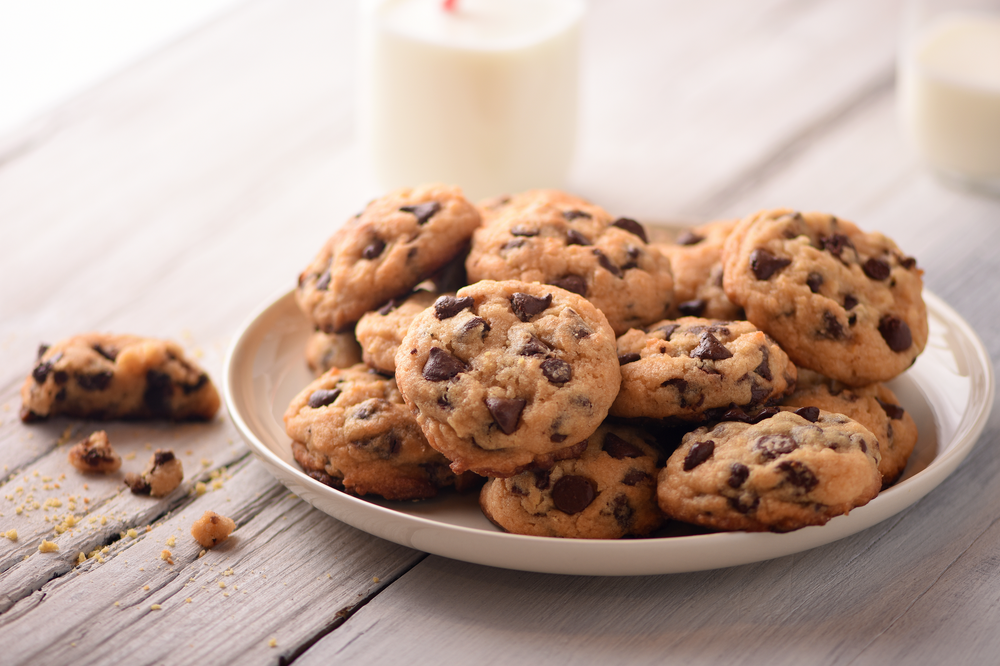
5 Common Foods That are Bad for the Heart
One of the most essential organs in your body, the heart keeps your blood pumping and your body working, which is why heart health is so important. The heart can suffer a myriad of issues, such as arrhythmia, hypertrophic cardiomyopathy, or various forms of congenital heart disease. The most common heart problem, however, is coronary artery disease, also known as coronary heart disease.
Coronary artery disease occurs when there is plaque buildup, consisting of cholesterol and other substances, in the walls of the arteries, eventually blocking the blood flow. The first sign of coronary artery disease for many is a heart attack. The disease can also lead to heart failure. Coronary heart disease symptoms include chest pain, feelings of weakness or lightheadedness, nausea, cold sweat, pain in arms or shoulder, and shortness of breath. One of the easiest ways to reduce the risk for coronary heart disease is to avoid foods high in sodium and fat, including the following list of foods:
1. Soda and sugary drinks
Soda, fruit-flavored drinks, and energy drinks contain very high amounts of sugar, which, like trans fat, lowers “good” cholesterol. It also increases triglycerides, or fat in the blood, which can contribute to clogging the arteries and the development of coronary artery disease. Unfortunately, drinking the diet version of beverages is no better. While water is obviously the best alternative, tea and coffee (without too much sugar) have also been shown to promote heart health.
2. Deep-fried foods
Deep frying is a process that involves immersing food in hot oil, which increases levels of sodium and trans fat. These can cause inflammation and increase blood pressure. Trans fat also specifically lowers the body’s levels of “good” HDL cholesterol, increasing cholesterol levels overall, which can lead to heart disease. Deep-fried foods can include fish, french fries, chicken strips, cheese sticks, or, as you know if you’ve ever been to a state fair, anything else. Luckily, a lot of traditionally deep-fried foods can be made healthier by making them at home in the oven or air fryer, rather than the deep fryer.
3. Processed and cured meats
Processes such as salting, curing, smoking, and adding chemical preservatives generally result in a very high salt concentration. Most meats also contain saturated fats. As a result, processed meat, such as bacon, sausage, hot dogs, and deli meats, can increase blood pressure and risk of heart disease. For some heart-healthy alternatives, try seafood, poultry, and lean meats
4. Cookies and pastries
Unfortunately the ingredients that make cookies great, particularly sugar and, depending on how they were made, either saturated or trans fats, increase risk of heart disease. While there aren’t many direct alternatives to the sugary, buttery goodness of cookies and pastries, try reaching for some fruit as an alternative every so often to improve heart health. Dark chocolate, which has been shown to reduce blood pressure and risk of heart disease, is also an excellent dessert alternative.
5. Margarine
Given that coronary artery disease is caused by the buildup of fats in the arteries, foods like butter and margarine are obviously not the most heart-healthy. However, margarine that contains partially hydrogenated oil specifically can be high in trans fat, which particularly raises the risk of heart disease. If you’re vegan or just off of butter, try to find margarine that does not contain partially hydrogenated oil or, though it is not exactly a spreadable alternative, you can at least use olive oil as a healthier alternative for cooking.




